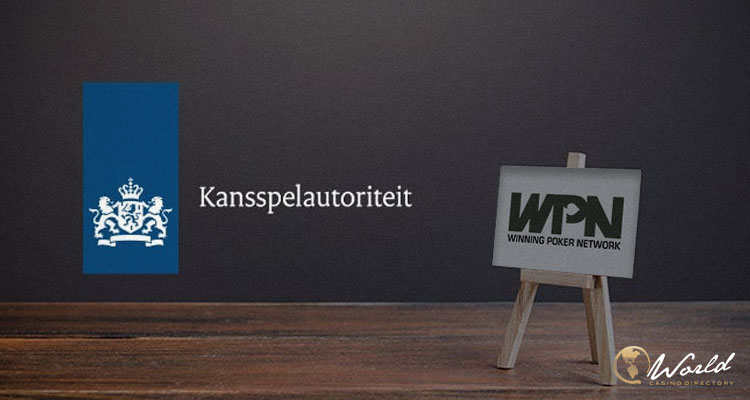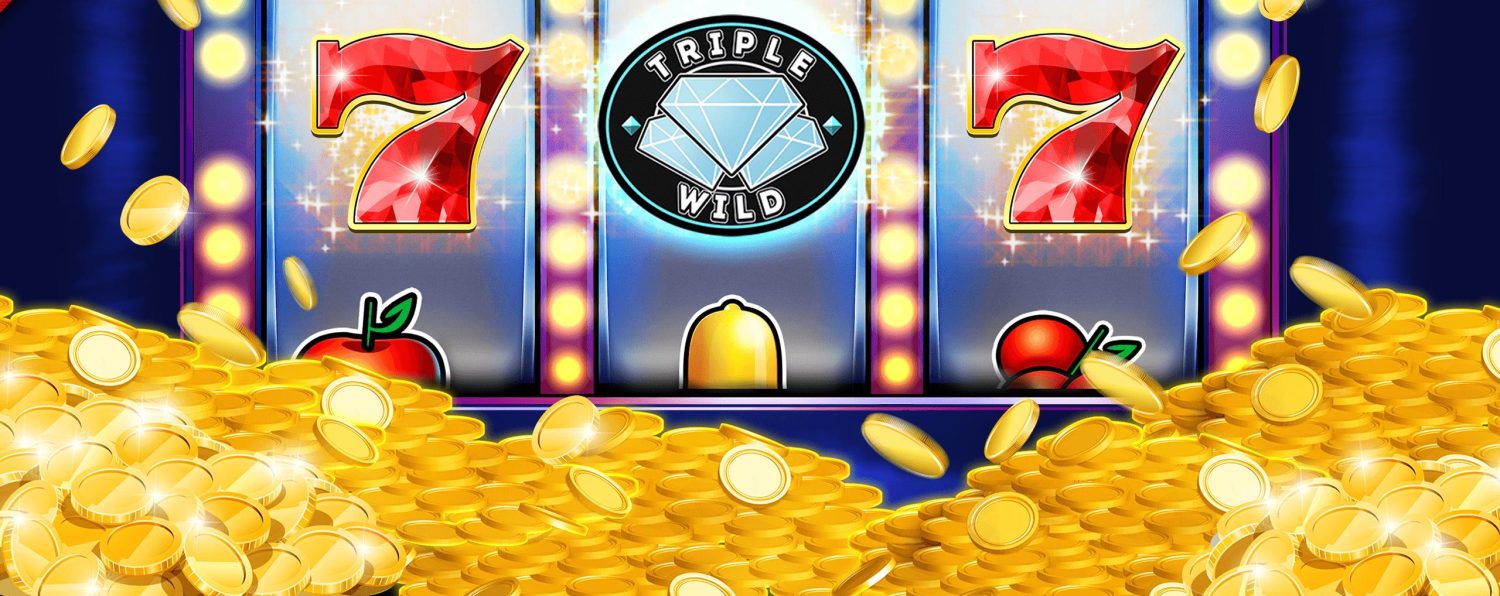
On June 7, the Kansspelautoriteit (KSA), the Dutch gambling regulator, issued an order to Winning Poker Network and Malta-based Goldwin Ltd. to periodically pay a fine for illegally accepting Dutch customers in its online gaming offering. They are ordered to stop performing activities for which they do not have a license. Furthermore, if they do not obey, a penalty is imposed later.
However, Winning Poker Network did not rescind the offer after that and therefore has to pay the aforementioned penalty. But, Goldwin LTD stopped its operations as soon as the order was issued.
KSA’s investigation:
The cease-and-desist order was issued on March 1 to the Winning Poker Network, which followed an investigation in September 2022 by the Netherlands gaming authority.
Despite warning that enforcement would follow and vowing to stop offering online gambling to Dutch customers, a subsequent investigation by KSA discovered that this promise had not been fulfilled, because although the original americascardroom.eu website was no longer available to Dutch players, a new account could easily be created on another website of the same provider, which is www.truepoker.eu. Additionally, this provided the opportunity to play on that website from the Netherlands. As soon as this was discovered, the KSA issued an order for the periodic payment of a fine of 25,000 euros per week, with a maximum of 75.000 euros. However, the sum of the fine is also decided by the size of illegal provider’s offer. But, the illegal offers of Winning Poker have not stopped at the time of publication of this announcement, with which the fine is actually collected from the Winning Poker Network. In this regard, the KSA will continue its investigation following this fine, with the ultimate goal of bringing this illegal offering to a complete halt, further leading to enforcement action being taken again.
On the other hand, GoldWin LTD has given Duth players the chance to gamble online on the westcasino.com website, but without having the required license. Therefore, according to the KSA order, they have to pay a fine of 239.000 euros, with a maximum of 717.000 euros. Additionally, a subsequent investigation discovered that the breach has now stopped, although the periodic penalty order still stays. When and if Goldwin LTD again decides to offer online gaming to Dutch players again, the periodic penalty will still be imposed.
Commenting on the periodic penalty order, René Jansen, president of the KSA, said: “It must pay off for providers of games of chance to offer their games legally. That is only possible if we take the wind out of illegal supply. We are fully committed to stopping these practices.”
A license is required to offer online gambling to Dutch players:
In order to offer online gambling experience to Dutch players, each company needs to obtain a license from the KSA. Therefore, the KSA has strict rules and regulations to make sure that it is a safe and legal offering, where players can experience a fair game and are fully protected from developing gambling addiction.
The legal status of online casinos in India is complex and varies by state. While there is no federal law that explicitly addresses online gambling, the legality depends on state regulations and the type of gambling involved.
Key Points:
-
No National Law: India does not have a specific national law regulating online casinos. However, the Public Gambling Act of 1867 prohibits operating physical casinos and gambling houses, but it doesn't cover online platforms, leaving a legal grey area for online gambling.
-
State-Specific Laws: Some Indian states, like Goa, Sikkim, and Daman, have legalized land-based casinos, and others, such as Sikkim, have also licensed online gambling. Many states have banned gambling altogether, including online gambling.
-
Online Sports Betting: Betting on sports, particularly cricket, is very popular in India. However, it's only explicitly legal in some states like Sikkim and Nagaland, which have laws permitting online gaming and betting.
-
Legal Gray Area: Many international online casinos accept Indian players and operate legally under licenses from offshore jurisdictions (like Curacao or the UK Gambling Commission). As long as players are gambling on licensed platforms, the risk is minimal, but local authorities may still choose to regulate or restrict online gambling.
-
Cryptocurrency: Some Indian players prefer using cryptocurrencies (like Bitcoin) for online gambling, as it provides a layer of anonymity and security.
While online casinos aren't explicitly legal across all of India, many international casinos accept Indian players, and online gambling continues to grow in popularity. Players should ensure they use licensed platforms and understand local laws before engaging in online gaming.






Leave a Reply
You must be logged in to post a comment.